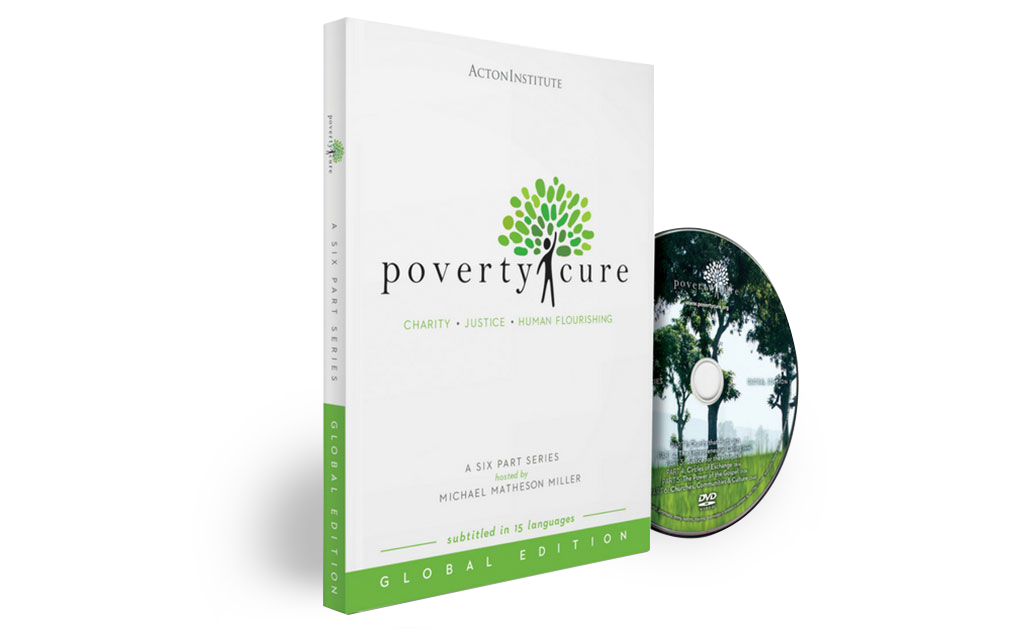A History of Agricultural Subsidies
Agricultural subsidies began during the Great Depression in the United States when the government sought to save family farms that were going under. In an effort to protect these farms, the government awarded subsidies, sums of money, to farmers in order to offset the risk of loss to the farmer, artificially sustaining the industry. These policies have continued to grow, disrupting the markets poor farmers around the world depend upon to create sustainable wealth.
At their inception in 1933, agricultural subsidies were intended to manipulate the market to protect the people. Today, we know that agricultural subsidies do not protect people or industries. Instead, these programs distort local markets, damage poor farmers around the world, and, according to Vincent Smith, director of the Agricultural Studies Program at the American Enterprise Institute, only benefit the top 15% of farmers who receive over 85% of subsidies. These subsidies disconnect small, poor farmers from the market, unjustly excluding their opportunity to flourish.
Subsidies' Evil Twin: Tariffs
In order to fully understand the impact that agricultural subsidies have on the poor, it is vital to include the parallel mechanism of distortion: tariffs. Andreas Widmer, Assistant Professor of Entrepreneurship at the Catholic University of America, explains the connection between tariffs and subsidies in this video. Large farm owners will advocate for tariffs as protection from outside competitors. After this, they lobby for subsidies that enable them to produce more in their protected market. Then, they flood the market with their product, creating a surplus which will either be bought by the government or dumped in foreign countries. This cycle damages local and international markets in a variety of ways.
Damage to Local Markets
In the domestic sector, consumers, taxpayers, and small farmers are hurt by agricultural subsidies. Brian Riedl, Senior Fellow at the Manhattan Institute, describes the effects of agricultural subsidies, writing:
“They burden American families with higher taxes and higher food prices. They harm small farmers by excluding them from subsidies, raising land prices, and financing farm consolidation. They increase trade barriers that reduce incomes in America and in lesser-developed countries. They are falsely promoted as saving the family farm and protecting the food supply. In reality, they are America's largest corporate welfare program.”
Consumers are harmed by the distorted price that results from subsidies. Since the government is intervening with the market to “pay” the farmer to produce, which eliminates competitors, the producer sets a price that is not determined by a free market. Without foreign competitors to bring the price to market levels, consumers pay more for their product than they would in a free market system devoid of subsidies, costing consumers an extra $12 billion annually.
Taxpayers not only fund the subsidy itself through their tax dollars, but they also fund the programs that buy back the surplus of farmers.
Small farmers typically do not receive the subsidies that large farmers receive, cutting off their ability to enter the market and compete. These small farmers are often the poorest rural farmers in the United States. In these situations, what prevents the poor from flourishing is an inability to fairly produce and sell in the market. Daren Bakst, Heritage Foundation’s Senior Research Fellow on Agricultural Policy, cites U.S. Department of Agriculture data to show that “almost all of the farm subsidies go to large agricultural producers whose household income and wealth are extremely high, especially in comparison to U.S. households in general.” Manipulated markets only benefit the well-connected wealthy farmers who can lobby government offices.
Damage to Foreign Markets
The damage caused to domestic markets is amplified in the international markets because of tariffs. The tariffs hurt foreign competitors by distorting the market and hurting consumers in both markets because they now have access to less goods at higher prices. In addition, when the surplus is sold to the competitor's market in another country, it is sold at a subsidized cost, a price with which local producers who do not have subsidies cannot compete. According to World Bank, there are 500 million farming households globally (over 2 billion people), many of whom live on less than $2 per day. These are the families affected most by agricultural subsidies.
In a nutshell, agricultural subsidies isolate poor farmers globally and disrupt the only market(s) to which they have access. Global trade enables small businesses to grow. Tariffs prevent this. So then the poor farmer sells to their own domestic market. Cheaply priced, subsidized surplus undercut foreign markets, harming the farmer for a second time. Reuters, reporting on a Brookings Institute study, writes:
“This process, known as ‘dumping’ in international trade, discourages poor farmers from investing in their operations or ramping up production as they cannot fairly compete with subsidized crops. This in turn hurts food security in poor countries.”
With these parameters, small farmers around the world are unable to flourish despite having the skills and products that would bring profit in an open, free market. The destruction wrought by agricultural subsidies depresses the production of poor farmers.
Politicians and Fear
Stepping back from the mire of agricultural subsidies, one has to wonder: How and why have these policies not only remained but grown for the past 86 years since that 1933 semi-socialist experiment? The short answer is politicians and fear.
Politicians profit from large industries who have staked interest in certain policies. Because of this, the main politicians in support of agricultural subsidies come from states with large voting blocks of farmers. Vincent Smith explains this by saying, “Those legislators are well aware that protecting and, if possible, increasing farm subsidies, helps their re-election prospects.” Cronyism at its finest.
At the same time, many fear that if the U.S. were to cut agricultural subsidies that the farming industries inflated by the subsidies would collapse. While this is a complex issue, the examples of Australia and New Zealand offer support for the benefits of eliminating agricultural subsidies. Both countries have flourishing farming industries after slashing their agricultural subsidies in the 70’s and 80’s. Each had a period of creative destruction in which farmers had to adapt, but after this, they stepped up, becoming powerhouses in the farming industry.
Fighting Injustice and Hypocrisy
John McArthur, a senior fellow with the Brookings Institution, reports on the deep hypocrisy that “Wealthy nations spend 20 times more on farm subsidies than the $12 billion they allocate to food aid and support for poor farmers annually.” Agricultural subsidies hurt everyone except for the few well-connected crony farmers who profit. The greatest damage is done to the high percentage of poor farmers that fill the 5 million small farms who cannot enter the market because of unjust tariffs and subsidies. The same politicians who sign aid packages to starving countries sign the farm bill that hurts the poor people that fill those countries. This hypocrisy is a failure of true compassion for the hurting. To meet out this injustice, lawmakers ought to phase out and eliminate agricultural subsidies that prevent the flourishing of the poor.


